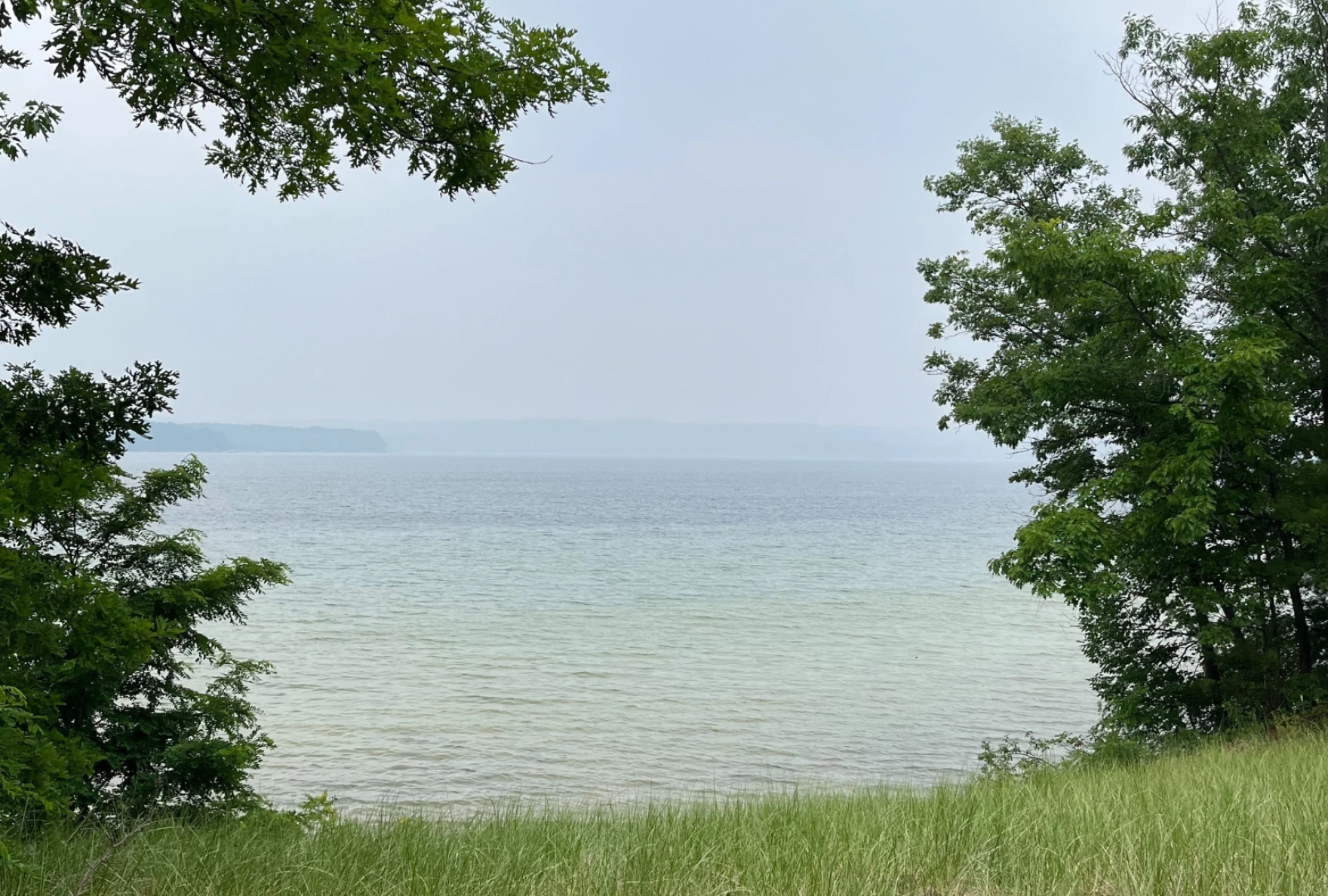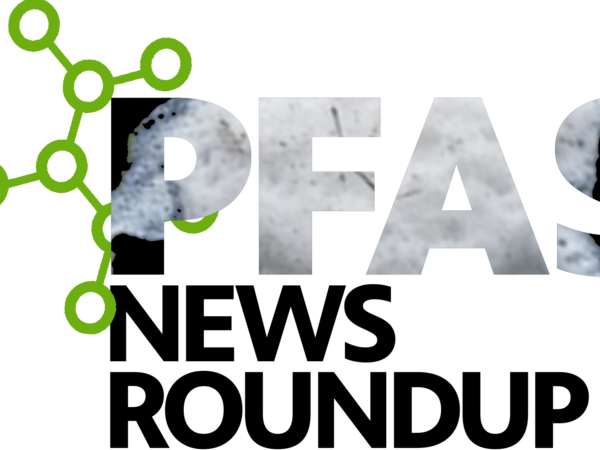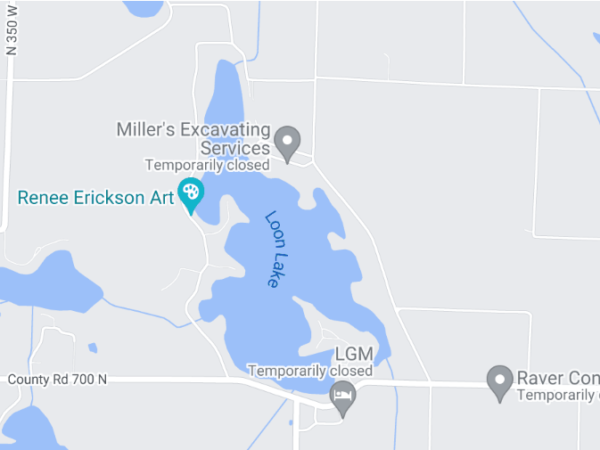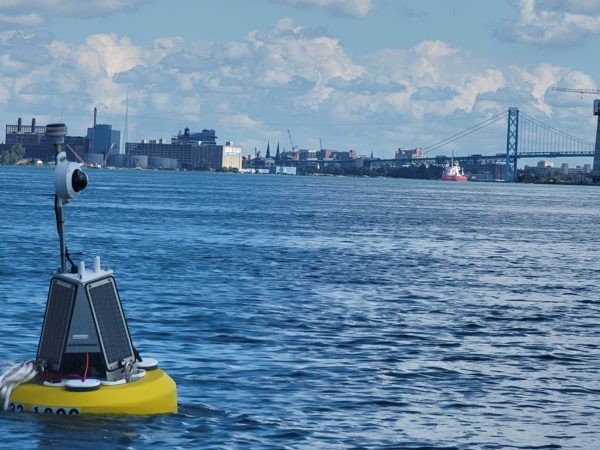
By Izzy Ross, Interlochen Public Radio
This coverage is made possible through a partnership with IPR and Grist, a nonprofit independent media organization dedicated to telling stories of climate solutions and a just future.
Michigan officials hope a new federal program will help community groups tackle climate and environmental justice projects.
The U.S. Environmental Protection Agency recently launched the Community Change Grant program.
It’s made $2 billion in grants available for organizations across the country.
When the program was announced in November, the EPA called it “the largest single investment in environmental justice in history.”
“Just the amount of money available — $2 billion that has the potential to go directly to communities — is a huge number,” said Regina Strong, Michigan’s environmental justice public advocate. She leads a relatively new state office created in 2019.
“It is really an opportunity to address some long-standing issues in communities,” she said. “So that makes it a very exciting opportunity.”
To qualify for the grants, the EPA says projects “must address both climate action and pollution reduction strategies,” driven by the community.
Project categories include mitigating things like urban heat islands, investing in low- and zero-emission technologies and infrastructure, and workforce development to reduce greenhouse gas emissions.
“There’s an interest in some communities for additional monitoring, to be able to better assess what they face from an air quality standpoint and potential pollution,” Strong said. “And that’s an allowable expense for this grant.”
The EPA is offering 170 grants across the country. There are two tracks, with a minimum award amount of $1 million and a maximum of $20 million. Most of the funding will go to projects addressing a range of pollution and climate issues, and a smaller amount will go toward engagement efforts.
Strong said generally, the federal government invests in programs that go directly to government entities. This program is different.
“This is one of the few opportunities directly from the federal government for communities to directly benefit from potentially millions of dollars,” she said.
The EPA’s program is funded through the Inflation Reduction Act and it aims to help disadvantaged communities.
Eligible applicants include local organizations that partner with other nonprofits, federally recognized tribes, local governments, or higher education institutions. Strong said that partnership requirement was another reason why the state wanted to start connecting organizations interested in applying.
“No one group can apply alone — it has to be in conjunction with a community-based organization and another entity or multiple community-based organizations. So that takes a little time,” she said. “We want it as early as possible in the queue to get Michigan communities either thinking or applying right out of the gate.”
An EPA spokesperson said in an email that there are five “target investment areas” that will compete against other applicants in their category, rather than the general application pool. Those include tribes, U.S. territories, and communities along the southern border.
The deadline to apply is in November, but the EPA will review applications on a rolling basis.
The state is holding a webinar at 6 p.m. Wednesday for those who want to learn more about the program.
Catch more news at Great Lakes Now:
Traverse City-based policy center appeals Michigan’s Line 5 permit
‘A valuable resource’: Traverse City restaurants aim to reduce food waste, greenhouse gases
Featured image: Smoke from Canadian wildfires contributed to hazy views of Duck Lake in Interlochen, Mich., in the summer of 2023. (Photo: Amanda Sewell/IPR)




